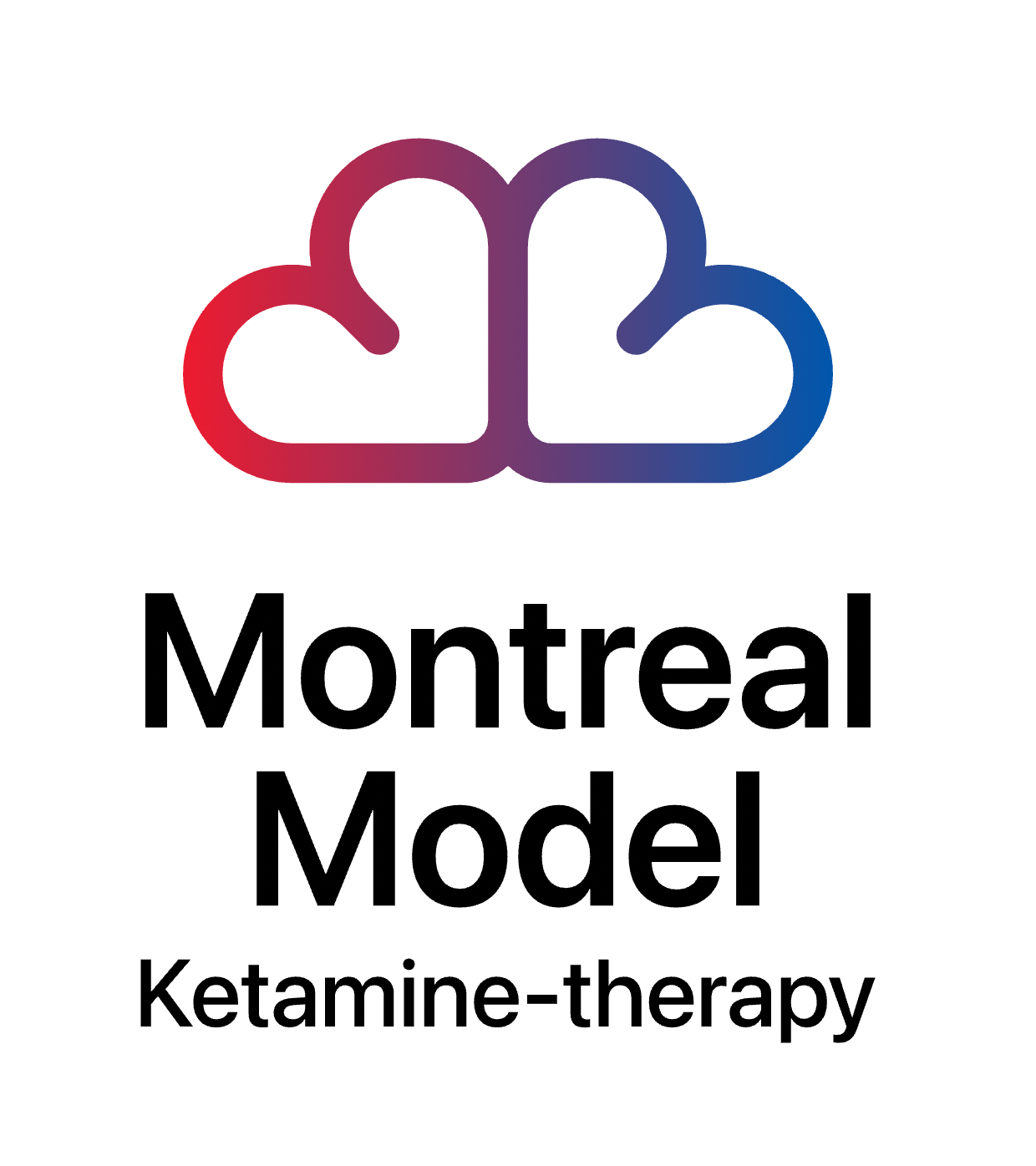


The Montreal Model is a hybrid biomedical-psychedelic framework for administering ketamine paired with psychological support. It is one of the first structured psychedelic interventions to utilize ketamine and be validated by clinical studies.
Ketamine Therapy
Low-dose ketamine is one of the most promising new treatments of refractory depression – many scientific studies have demonstrated that it can rapidly produce antidepressant effects on par or superior to any psychiatric intervention.
Ketamine’s major downside is that benefits are generally short-lived, typically fading a few days after a dose. Many different strategies to prolong or increase the benefits of ketamine have been investigated, but only two strategies have strong evidence: 1) giving multiple doses of ketamine, and 2) pairing ketamine with psychological support.
Our approach to ketamine, called the Montreal Model of Ketamine Therapy, incorporates both of these strategies in a structured, person-centered, and evidence-based way. It was first developed at McGill University, drawing from large bodies of research on ketamine, psychotherapy, and psychedelic-assisted psychotherapy.
Since 2018, the Montreal Model has been gradually refined from thousands of treatments provided in public healthcare settings to patients suffering from extremely severe Treatment-Resistant Depression and many other psychiatric illnesses. It is now being implemented at other universities and hospitals around the world, which are collaborating on research to continually improve it.
The Montreal Model of Ketamine Therapy
The central ideas behind the Montreal Model are:
- Ketamine’s rapid antidepressant effects, which are often powerful but temporary, can be used as windows of opportunity to facilitate and accelerate recovery from depression. This requires active efforts towards recovery right from the start of the ketamine treatment process.
- Although the psychoactive effects of ketamine are often understood in pathological terms, the Montreal Model frames ketamine’s effects as powerful occassions for experiential learning and psychological growth when administered in supportive settings and with psychological support, much like the serotonergic psychedelic drugs.
- The gold-standard treatment of depression is the combination of psychological and biological treatments. An important part of the Montreal Model is pairing ketamine with concomittant psychotherapy to consolidate insights and facilitate change-making.
- The divided bodies of literature on ketamine – ‘biomedical’ and ‘psychedelic’ – have both unique strengths and weaknesses. A core aim of the Montreal Model is to marry the rigor of biomedical psychiatric research with the humanistic embracing of subjective experiences of the re-emerging psychedelic paradigm.
Our research has shown that this model of ketamine therapy has important benefits compared to standard ketamine treatment models that do not incorporate psychological support or emphasize behavioural changes. In a recent clinical trial at two sites in Montreal enrolling real-world patients suffering from extremely severe depression, the Montreal Model yielded large improvements in depression, anxiety, and suicidality, just as many previous studies on ketamine have found. Similarly the treatments were well-tolerated, with very few patients stopping treatment early and no serious adverse events – most side effects were mild and transient.
Importantly, this study found that the psychiatric benefits of the Montreal Model of Ketamine-Therapy were more persistent than previous studies on ketamine, being fully maintained throughout the follow-up period after the treatment ended. The study also found that most patients reported highly meaningful ketamine experiences, and strong statistical evidence that the treatment’s benefits were driven by patient experiences rather than biological effects alone.